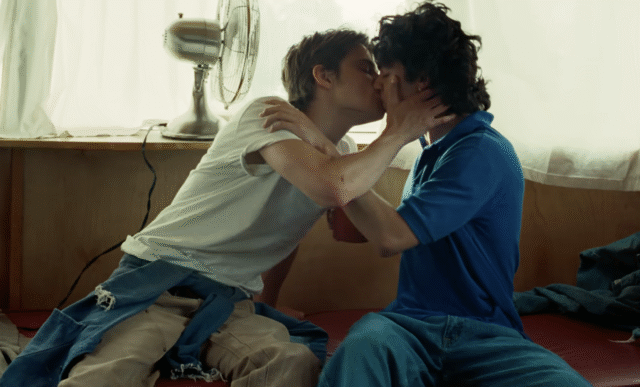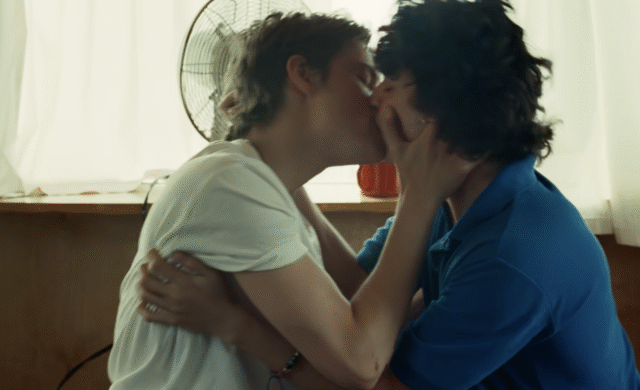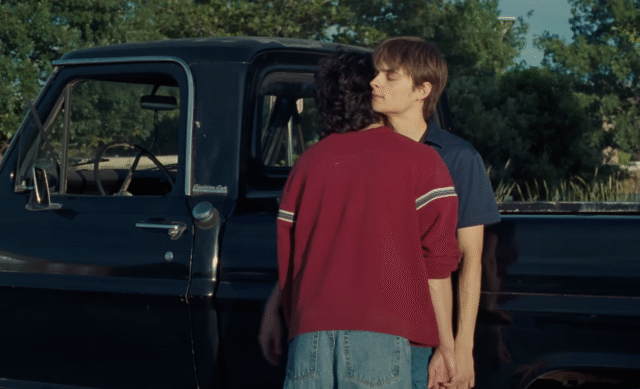Conan Gray’s latest single, “Caramel,” peels back the glossy layers of romance to reveal something far less tidy. Released Aug. 15 as the eighth track on his fourth studio album, Wishbone, the song pairs stripped-down guitar with bursts of brass to capture the restless rhythm of a relationship that refuses to resolve.
A Reunion That Isn’t a Resolution
Produced by Dan Nigro and released via Republic Records and GirlyBoy, Inc., “Caramel” joins Wishbone standouts “This Song” and “Vodka Cranberry” in chronicling Gray’s on-again, off-again entanglement with the recurring figure known as Brando. But where the earlier tracks toy with hope or resignation, this one lands in an uneasy middle ground.
The arrangement mirrors that push-and-pull. The track opens with quick percussion and bright horns, only to strip down to Gray’s bare vocal over guitar. The beat lingers in the background, like a memory you can’t fully shake. His delivery carries the weight of hindsight, each past-tense lyric pulling further from the romanticized version of events.
The Story Behind the Video
Directed by Danica Kleinknecht, the “Caramel” music video heightens the song’s emotional undercurrent without spelling it out. It opens with Gray alone, getting out of a pool, pensive, going home to stare out the window with solemn energy, before shifting to a chance supermarket encounter with Brando.



From there, the mood lightens. They share a caravan, exchange familiar touches, laugh like old times. For a moment, it feels like a scene from a coming-of-age film where reconciliation is inevitable. But as the music swells, the illusion cracks. On a bus ride, Gray’s tears signal not heartbreak, but recognition: the spark is gone. The reunion is comfortable, not electric.
Fan Reactions
Listeners had some visceral reactions to the music video. On YouTube, one fan exclaimed, “I will, in fact, be informing my therapist about this in our next session.” Another stated, “Conan, this is a perfect album (for me why would you hurt me like this).”
The Bitter Aftertaste of “Caramel”
In Wishbone, Gray weaves ‘90s alt-pop, soft grunge, and introspective guitar work into stories of love’s messier chapters. “Caramel” stands out not because it offers closure, but because it doesn’t pretend closure is possible.
If “This Song” hinted at possibility and “Vodka Cranberry” watched it dissolve, “Caramel” is the quiet ride home, eyes forward, but every landmark a reminder of where you’ve been.
It’s not about sweetness at all. It’s about what lingers after the sweetness fades.



